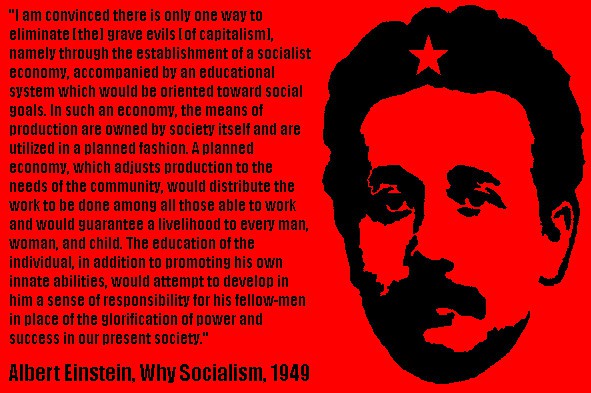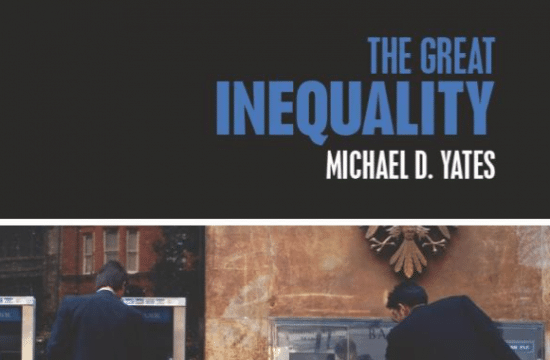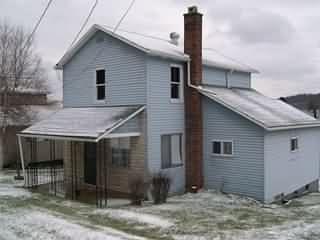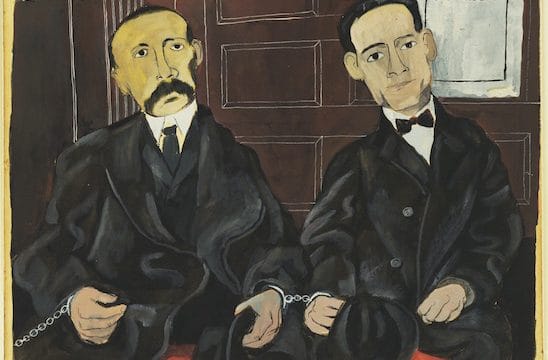 I walked out onto a rocky pier and sat watching the surfers. They reminded me of seals, bobbing up and down, carried by the relentless rush of the ocean. Then the right wave came in, and they gracefully rose up on their boards and glided along until it ended. I thought that it must be good to be a surfer, always knowing that sooner or later you would catch that wave. Along the shore, families sat on blankets with their kids. A young woman lay on top of her boyfriend, who was buried in the sand. Behind the beach, people tucked into their fish and chips or browsed the souvenir shops that lined the walkway.
I walked out onto a rocky pier and sat watching the surfers. They reminded me of seals, bobbing up and down, carried by the relentless rush of the ocean. Then the right wave came in, and they gracefully rose up on their boards and glided along until it ended. I thought that it must be good to be a surfer, always knowing that sooner or later you would catch that wave. Along the shore, families sat on blankets with their kids. A young woman lay on top of her boyfriend, who was buried in the sand. Behind the beach, people tucked into their fish and chips or browsed the souvenir shops that lined the walkway.
It was late August and kids were already back in school. Clouds and mist made the scene melancholy, as if this part of the world knew that fall and winter were coming.
To get here, you have to drive along a freeway, clotted with cars. Automobiles, industry, and, to the east, agribusiness, layer the air with poisons, visible to the eye as you travel from the mountains down to the coast. I wondered why anyone would live here. What was the attraction? Perpetual traffic, day and night, a long commute to work, power lines everywhere, that sameness about things that marks the United States. If you’re rich, you can escape some of the mess but not all of it. At least you can travel to other places when the freeways and ugly suburbs get too much for you. But for most of us, we’re stuck. Where is the hope? We’re just prey for those with the real money.
Just before I rose to walk back to the motel, I thought of those who went before me. Lives of hardship and pinching pennies. A house, kids, a few pleasures, old age, sickness, and death. And around the world, it’s worse; there are no houses and there is no old age. We have made such a mess of our short and insignificant time in our tiny part of the universe. We have despoiled the very earth that sustains us, and we have denied ourselves the community that might make life bearable. Isn’t it time to take stalk and destroy all of what has made us into the beasts we have become and try to begin anew?








Ever read Robinson Jeffers?
Shine, Perishing Republic
While this America settles in the mould of its vulgarity, heavily thickening
to empire
And protest, only a bubble in the molten mass, pops and sighs out, and the
mass hardens,
I sadly smiling remember that the flower fades to make fruit, the fruit rots
to make earth.
Out of the mother; and through the spring exultances, ripeness and deca-
dence; and home to the mother.
You making haste haste on decay: not blameworthy; life is good, be it stub-
bornly long or suddenly
A mortal splendor: meteors are not needed less than mountains:
shine, perishing republic.
But for my children, I would have them keep their distance from the thick-
ening center; corruption
Never has been compulsory, when the cities lie at the monster’s feet there
are left the mountains.
And boys, be in nothing so moderate as in love of man, a clever servant,
insufferable master.
There is the trap that catches noblest spirits, that caught–they say–
God, when he walked on earth.
Louis, I hadn’t read this fine poem. Today, while the mountains and the sea are still left, they too are at the monster’s feet. And I wonder what Jeffers would have said to my grandmother when she said, “Michael, it hasn’t been a happy life”? The next to last stanza is great!
The question, of course, is *how* to “destroy all of what has made us into the beasts we have become.” The next question is to define what “begin anew” means…
Solidarity
Gilles